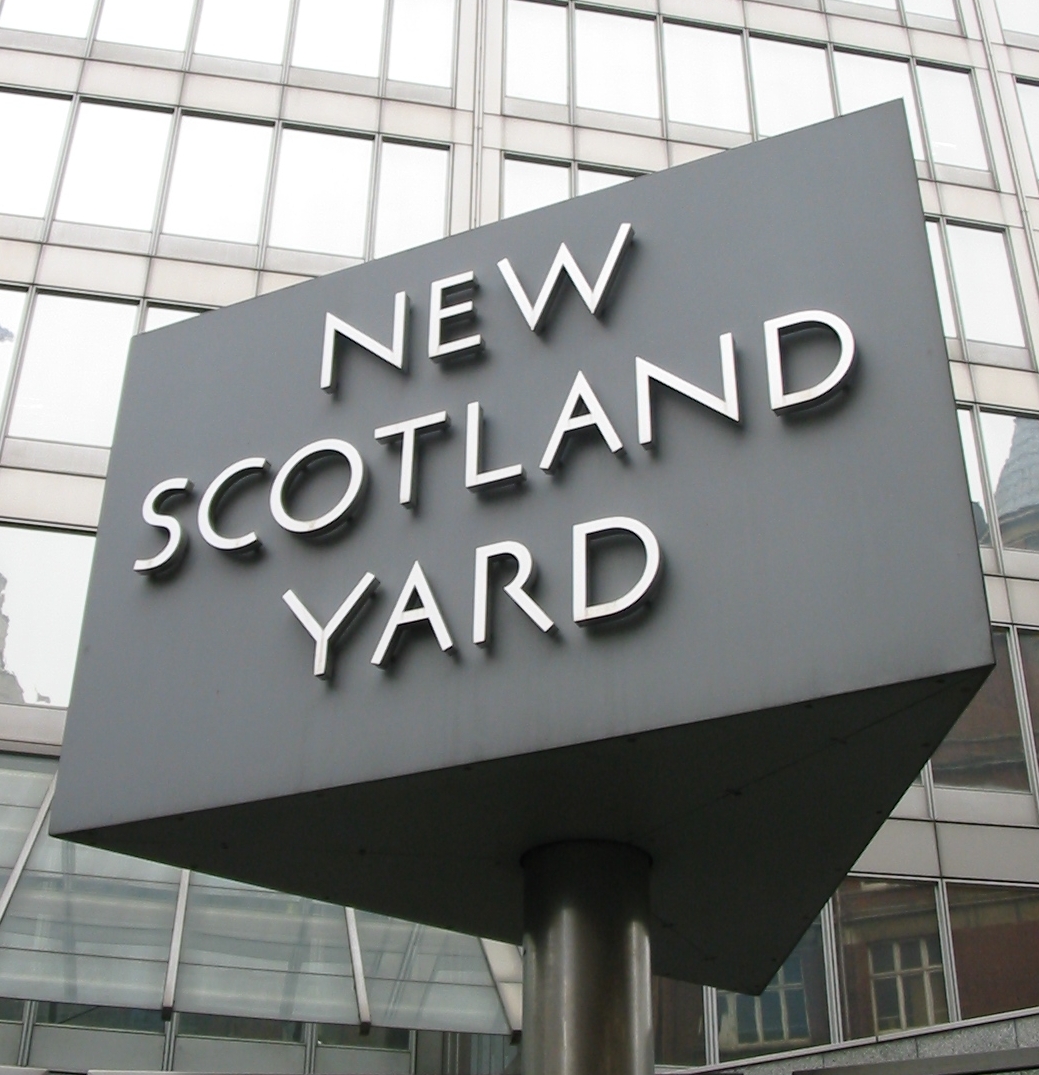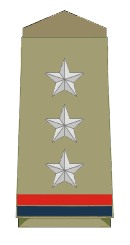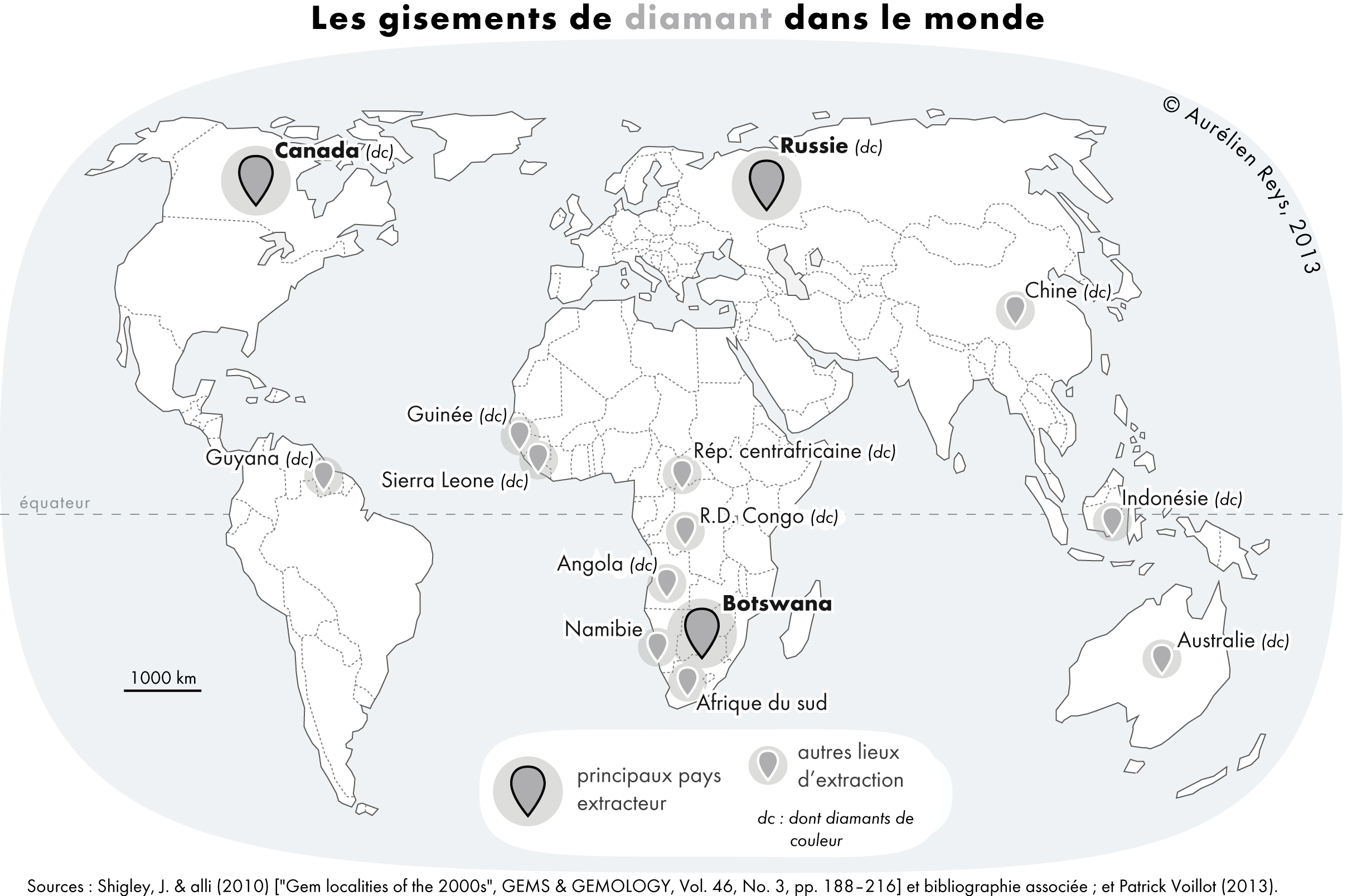|
The Fourth Bomb
''The Fourth Bomb'' is a 1942 detective novel by John Rhode, the pen name of the British writer Cecil Street. It is the thirty sixth in his long-running series of novels featuring Lancelot Priestley, a Golden Age armchair detective.Reilly p.1257 In ''The Observer'' Maurice Richardson wrote "Inspector Waghorn does the investigating, but the evidence is so contradictory and suspicion so widely distributed that the solution calls for Dr. Priestley, whom, you will be sorry to hear, I thought was looking alarmingly shaky. Sound recommendation, of course" while Isaac Anderson in the ''New York Times'' wrote "It is merely the familiar Dr. Priestley formula set against the background of wartime England." Synopsis At the height of the Second World War, a German air raid sees four bombs dropped on the English village of Yardley Green. Four bombs fall on the settlement, the first three doing some damage and injuring two of the inhabitants. The fourth bomb appears to have killed Gazeley, a ... [...More Info...] [...Related Items...] OR: [Wikipedia] [Google] [Baidu] |
John Rhode
Cecil John Charles Street (3 May 1884 – 8 December 1964), also known as John Street, was a Major (rank), major in the British Army and a crime fiction novelist. He began his military career as an artillery officer and during World War I, he became a propagandist for MI7. During the Irish War of Independence, he acted as an Information Officer for Dublin Castle alternating between Dublin and London and working closely with the British official Lionel Curtis. He later earned his living as a prolific writer of detective novels written under several pseudonyms including John Rhode, Miles Burton and Cecil Waye. Early life, education, and career Street was born in Gibraltar to General John Alfred Street Companion of the Order of the Bath, CB of Woking, and his second wife, Caroline, daughter of Charles Horsfall Bill of Storthes Hall, Yorkshire, head of a landed gentry family. Caroline had married comparatively late and her only son was born when she was thirty-five. General Street ... [...More Info...] [...Related Items...] OR: [Wikipedia] [Google] [Baidu] |
Second World War
World War II or the Second World War (1 September 1939 – 2 September 1945) was a World war, global conflict between two coalitions: the Allies of World War II, Allies and the Axis powers. World War II by country, Nearly all of the world's countries participated, with many nations mobilising all resources in pursuit of total war. Tanks in World War II, Tanks and Air warfare of World War II, aircraft played major roles, enabling the strategic bombing of cities and delivery of the Atomic bombings of Hiroshima and Nagasaki, first and only nuclear weapons ever used in war. World War II is the List of wars by death toll, deadliest conflict in history, causing World War II casualties, the death of 70 to 85 million people, more than half of whom were civilians. Millions died in genocides, including the Holocaust, and by massacres, starvation, and disease. After the Allied victory, Allied-occupied Germany, Germany, Allied-occupied Austria, Austria, Occupation of Japan, Japan, a ... [...More Info...] [...Related Items...] OR: [Wikipedia] [Google] [Baidu] |
Collins Crime Club Books
Collins may refer to: People Surname Given name * Collins O. Bright (1917–?), Sierra Leonean diplomat * Collins Chabane (1960–2015), South African Minister of Public Service and Administration * Collins Cheboi (born 1987), Kenyan middle-distance runner * Collins Denny (1854–1943), American Bishop of the Methodist Episcopal Church, South * Collins Denny Jr. (1899–1964), American pro-segregationist lawyer. * Collins Hagler (born 1935), Canadian football player * Collins Injera (born 1986), Kenyan rugby player * Collins John (born 1985), Liberia-born Dutch footballer * Collins H. Johnston (1859–1936), American football player, medical doctor, surgeon, and civic leader * Collins Mbesuma (born 1984), Zambian footballer nicknamed ''The Hurricane'' or ''Ntofontofo'' * Collins Mensah (born 1961), Ghanaian sprinter * Collins Nweke (born 1965), Belgian politician of the Green Party * Collins Obuya (born 1981), Kenyan cricketer Companies * COLLINS, American design comp ... [...More Info...] [...Related Items...] OR: [Wikipedia] [Google] [Baidu] |
British Detective Novels
British may refer to: Peoples, culture, and language * British people, nationals or natives of the United Kingdom, British Overseas Territories and Crown Dependencies. * British national identity, the characteristics of British people and culture * British English, the English language as spoken and written in United Kingdom of Great Britain and Northern Ireland and, more broadly, throughout the British Isles * Celtic Britons, an ancient ethno-linguistic group * Brittonic languages, a branch of the Insular Celtic language family (formerly called British) ** Common Brittonic, an ancient language Other uses *People or things associated with: ** Great Britain, an island ** British Isles, an island group ** United Kingdom, a sovereign state ** British Empire, a historical global colonial empire ** Kingdom of Great Britain (1707–1800) ** United Kingdom of Great Britain and Ireland (1801–1922) * British Raj, colonial India under the British Empire * British Hong Kong, colonial ... [...More Info...] [...Related Items...] OR: [Wikipedia] [Google] [Baidu] |
Novels By Cecil Street
A novel is an extended work of narrative fiction usually written in prose and Publication, published as a book. The word derives from the for 'new', 'news', or 'short story (of something new)', itself from the , a singular noun use of the neuter plural of ''novellus'', diminutive of ''novus'', meaning 'new'. According to Margaret Doody, the novel has "a continuous and comprehensive history of about two thousand years", with its origins in the Ancient Greek novel, Ancient Greek and Roman novel, Medieval Chivalric romance, and the tradition of the Italian Renaissance novella.Margaret Anne Doody''The True Story of the Novel'' New Brunswick, NJ: Rutgers University Press, 1996, rept. 1997, p. 1. Retrieved 25 April 2014. The ancient romance form was revived by Romanticism, in the historical romances of Walter Scott and the Gothic novel. Some novelists, including Nathaniel Hawthorne, Herman Melville, Ann Radcliffe, and John Cowper Powys, preferred the term Romance (literary fiction) ... [...More Info...] [...Related Items...] OR: [Wikipedia] [Google] [Baidu] |
1942 British Novels
Year 194 ( CXCIV) was a common year starting on Tuesday of the Julian calendar. At the time, it was known as the Year of the Consulship of Septimius and Septimius (or, less frequently, year 947 ''Ab urbe condita''). The denomination 194 for this year has been used since the early medieval period, when the Anno Domini calendar era became the prevalent method in Europe for naming years. Events By place Roman Empire * Decimus Clodius Septimius Albinus Caesar became a Roman Consul. * Battle of Issus: Septimius Severus marches with his army (12 legions) to Cilicia, and defeats Pescennius Niger, Roman governor of Syria. Pescennius retreats to Antioch, and is executed by Severus' troops. * Septimius Severus besieges Byzantium (194–196); the city walls suffer extensive damage. Asia * Battle of Yan Province: Warlords Cao Cao and Lü Bu fight for control over Yan Province; the battle lasts for over 100 days. * First year of the ''Xingping'' era during the Han Dynasty in ... [...More Info...] [...Related Items...] OR: [Wikipedia] [Google] [Baidu] |
Scotland Yard
Scotland Yard (officially New Scotland Yard) is the headquarters of the Metropolitan Police, the territorial police force responsible for policing Greater London's London boroughs, 32 boroughs. Its name derives from the location of the original Metropolitan Police headquarters at 4 Whitehall Place, which had its main public entrance on the Westminster street called Great Scotland Yard. The Scotland Yard entrance became the public entrance, and over time "Scotland Yard" came to be used not only as the common name of the headquarters building, but also as a metonym for the Metropolitan Police Service (MPS) itself and police officers, especially detectives, who serve in it. ''The New York Times'' wrote in 1964 that, just as Wall Street gave its name to New York's financial district, Scotland Yard became the name for police activity in London. The force moved from Great Scotland Yard in 1890, to a newly completed building on the Victoria Embankment, and the name "New Scotland Yard" ... [...More Info...] [...Related Items...] OR: [Wikipedia] [Google] [Baidu] |
Inspector
Inspector, also police inspector or inspector of police, is a police rank. The rank or position varies in seniority depending on the organization that uses it. Australia The rank of Inspector is present in all Australian police forces except for the Northern Territory. Where it exists, it is generally the next senior rank from Senior Sergeant, and is the lowest commissioned rank. Uniformed officers of this rank wear epaulettes with three pips, matching a Captain in the army. In addition to the general rank of inspector, some police forces use other ranks such as detective inspector and district inspector. Austria In Austria a similar scheme was used as in Germany. At some point the police inspector was completely removed from the list of service ranks. The current police service has an inspectors service track with ''Inspektor'' being the entry level – it is followed by ''Revierinspektor'' (precinct inspector), ''Gruppeninspektor'' (group inspector), ''Bezirksinspektor ... [...More Info...] [...Related Items...] OR: [Wikipedia] [Google] [Baidu] |
Diamond Trade
Diamond is a solid form of the element carbon with its atoms arranged in a crystal structure called diamond cubic. Diamond is tasteless, odourless, strong, brittle solid, colourless in pure form, a poor conductor of electricity, and insoluble in water. Another solid form of carbon known as graphite is the chemically stable form of carbon at room temperature and pressure, but diamond is metastable and converts to it at a negligible rate under those conditions. Diamond has the highest hardness and thermal conductivity of any natural material, properties that are used in major industrial applications such as cutting and polishing tools. Because the arrangement of atoms in diamond is extremely rigid, few types of impurity can contaminate it (two exceptions are boron and nitrogen). Small numbers of defects or impurities (about one per million of lattice atoms) can color a diamond blue (boron), yellow (nitrogen), brown (defects), green (radiation exposure), purple, pink, oran ... [...More Info...] [...Related Items...] OR: [Wikipedia] [Google] [Baidu] |
Strategic Bombing During World War II
World War II (1939–1945) involved sustained strategic bombing of railways, harbours, cities, workers' and civilian housing, and industrial districts in enemy territory. Strategic bombing as a military strategy is distinct both from close air support of ground forces and from Air supremacy#World War II, tactical air power. During World War II, many military strategists of air power believed that air forces could win major victories by attacking industrial and political infrastructure, rather than purely military targets. Strategic bombing often involved bombing areas inhabited by Non-combatant, civilians, and some campaigns were deliberately designed to target civilian populations in order to terrorism, terrorize them or to weaken their morale. International law at the outset of World War II did not specifically forbid the aerial bombardment of cities – despite the prior occurrence of such bombing during World War I (1914–1918), the Spanish Civil War (1936–1939), and t ... [...More Info...] [...Related Items...] OR: [Wikipedia] [Google] [Baidu] |





